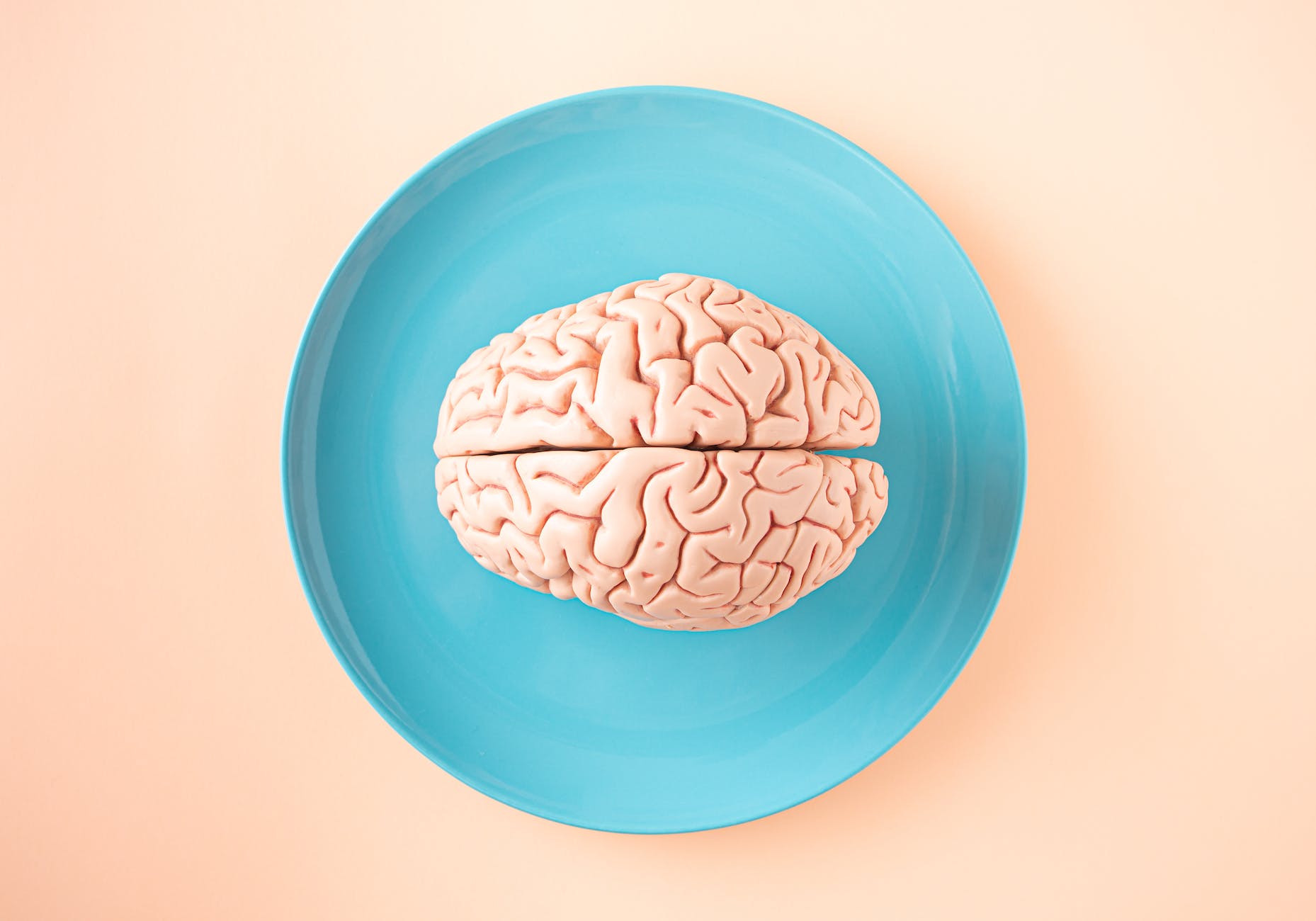In the fast-paced world we live in, the quest for mental well-being has never been more critical. People are turning to various solutions, both conventional and holistic, to combat stress and anxiety. Among the latter, one natural remedy is gaining considerable attention – ashwagandha.
The Rise of Ashwagandha
Used for centuries in Ayurvedic medicine, ashwagandha is experiencing a surge in popularity in the United States. According to the American Botanical Council’s latest report, ashwagandha ranked as the seventh most purchased supplement in 2021. This surge in interest may be attributed to the compelling research supporting its effectiveness.
Dr. Megan Bradley’s Perspective
Dr. Megan Bradley, a urogynecologist at the University of Pittsburgh, is among those who believe in the potential of ashwagandha. In fact, she considers ashwagandha so promising that it’s the only supplement she regularly takes.
Ashwagandha: An Adaptogen
Ashwagandha is classified as an adaptogen, a substance believed to enhance the body’s ability to adapt to stress. According to a 2021 survey by the Council for Responsible Nutrition, many people, like Dr. Bradley, report taking ashwagandha to improve their overall health and wellness.
Scientific Support
One small-scale study from 2019 revealed that adults who consumed ashwagandha capsules experienced reduced cortisol levels, a hormone released during stressful situations. Further bolstering its reputation, a 2022 review of multiple studies found that ashwagandha significantly decreased anxiety and stress levels. However, it also emphasized the need for more extensive research into the herb’s potential benefits.
Available in Various Forms
Ashwagandha is incredibly versatile and can be incorporated into one’s daily routine in various forms, including powders, capsules, liquid drops, and even gummies. Its adaptogenic properties and potential stress-relief benefits have piqued the interest of many seeking natural remedies for their mental well-being.
A Word of Caution
While ashwagandha appears promising, individuals with pre-existing thyroid conditions should exercise caution. Ashwagandha can lead to hyperthyroidism in people who already have an overactive thyroid. Therefore, it’s advisable to consult with a healthcare professional before adding ashwagandha to your regimen.
In a world where stress and anxiety are increasingly prevalent, ashwagandha emerges as a natural remedy offering potential relief. However, as with any supplement or herbal remedy, it’s crucial to consult with a medical professional before introducing it to your health and wellness routine.
Cited Works:
Hull, Kate. “A Doctor Only Takes 1 Supplement Regularly. It Can Help with Stress, Anxiety, and Sleep.” Insider, October 21, 2023. https://www.insider.com/doctor-takes-supplement-ashwagandha-stress-anxiety-sleep-2023-10?fbclid=IwAR2DkVvjPpKYD0xhHhqvo-PQvcu2DPTPrh-Ez8HBtbVhgbvxf9XM4AzVKA4.



